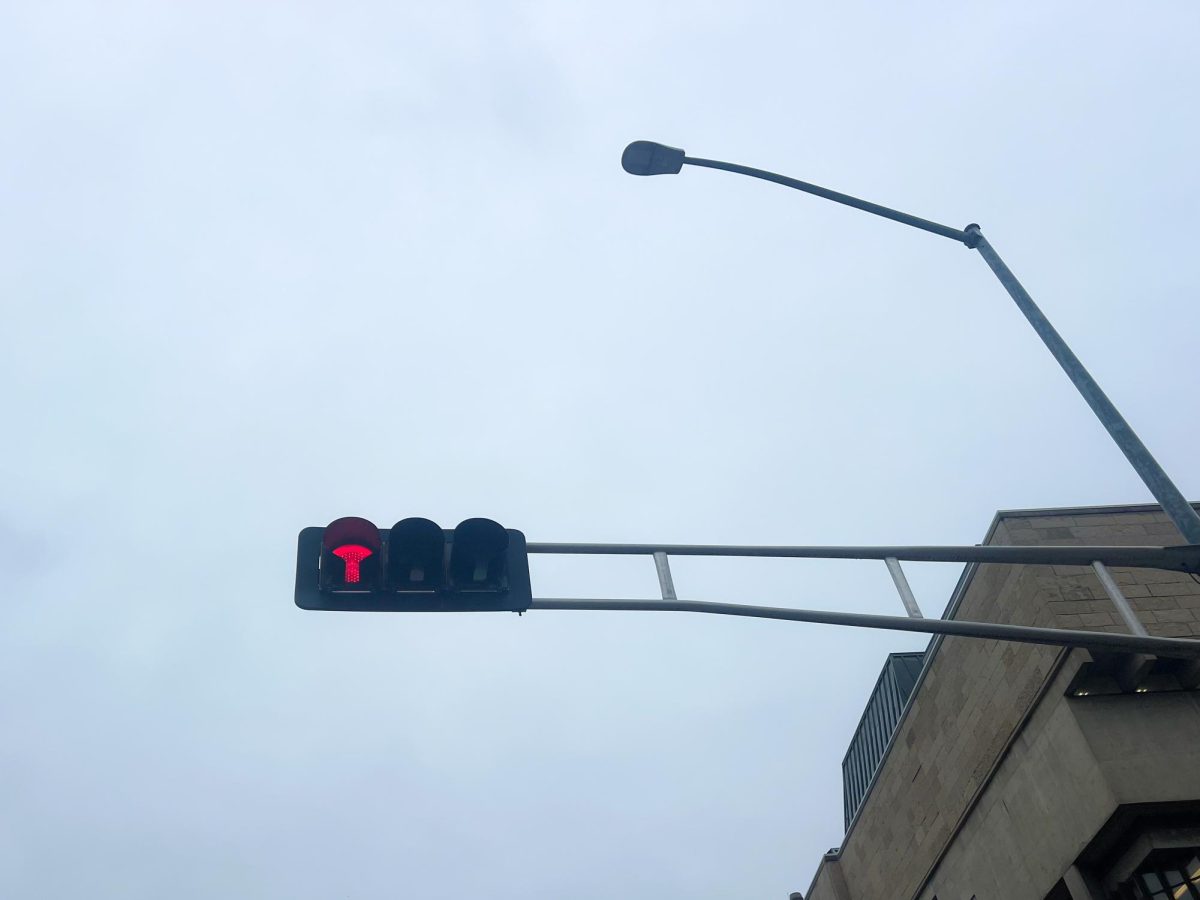While the specifics of Madison’s 2012 budget are yet to be revealed, city officials say one thing is certain: Big cuts are coming.
Madison Mayor Paul Soglin said discussion regarding the capital budget is almost complete, with close to $60 million in spending cuts, and city officials have just begun work on the operating budget.
Ald. Lauren Cnare, District 3, said the capital budget involves investments in land, buildings and equipment, while the operating budget provides money for city departments and services to fund salaries, staffing and supplies.
“We’ve basically divided budget requests into wants and needs,” Soglin said. “The situation is such that we can only fund the city’s needs, and I’m not even sure we can fund all of those.”
A statement from Soglin’s office said after taking steps in 2011 to reduce debt – including adopting more current numbers for energy consumption, cutting employee benefits and freezing or eliminating vacant positions or new positions – there is still a need for an additional $11 million in cuts in the 2012 operating budget.
Soglin has released neither the proposed capital budget nor the operating budget, but in the coming weeks each proposed plan will go before the Board of Estimates and City Council.
Soglin will present the capital budget to City Council Sept. 6, and the Board of Estimates will evaluate it Sept. 12 and Sept. 13, according to a statement from the mayor’s office. It will then go back to the council. The operating budget follows a similar schedule behind the capital budget, and is slated to be introduced to council on Oct. 4 and the board Oct. 10 and Oct. 11.
One cut that is expected to be included in Soglin’s proposed capital budget is to the TIF loan for the renovation and expansion of the Edgewater Hotel.
A TIF loan is money the city invests in tax incremental finance districts, which increases the property value of the project. The money generated by the increased property taxes is then paid back into the district over time.
Cnare, who also acts as City Council president, said the exact amount being cut is unknown, but the Edgewater will not receive the $16 million as was originally proposed. She said she heard the cuts could put the loan in the $4 or $5 million realm.
“The City Council will react by trying to figure out what that means for the project,” Cnare said. “I’m sure many members will try to find ways to increase that funding. There are a lot of good reasons the city council voted to fund the construction and will continue to vote for it.”
Soglin said there will undoubtedly be less money for snow removal and reduced staffing levels in parks and streets.
He said he believes if these cuts are short-term, two years or less, the city will be alright. However, he said if there is no changes made in returning state shared funds to Madison by 2013, there will be very serious long-term problems.
“Soglin has to find a balance and decide which cuts are supportable and what the community really needs,” Cnare said. “They change everyday according to things that come in.”
Cnare said the greatest cuts will come in the area of capital expenditures. Officials are looking closely at personnel cuts and want to avoid layoffs, but options such as limiting days off are still in the cards.
In the past month, there have been a number of city budget conversations, each meeting revolving around a different group of the city’s services, Cnare said. They have been divided into community development, administration, infrastructure, large community facilities and parks, and public safety.
At the meetings, community members have been encouraged to work with city staff and committee members to discover what Madison’s residents’ most important priorities are.
Cnare said the meetings have included people on both ends of the spectrum: those who have said they are willing to pay a few more tax dollars, and those who are not.
“I don’t think it’s anybody’s fault,” Cnare said. “We’re finally feeling the full brunt of the economic downturn; it’s catching up with us this year.”
Cnare said she would rather see the city skim the budgets of many departments, rather than completely removing services or programs.
“We have to be aware of what the cuts mean to the community,” Cnare said. “People may not want to live here. We have to think about the cost of the cuts, and not just in dollars.”
Cnare said community members are still very engaged in providing community and safety services, hoping to preserve the “quality of life we all like.”












